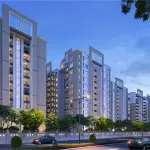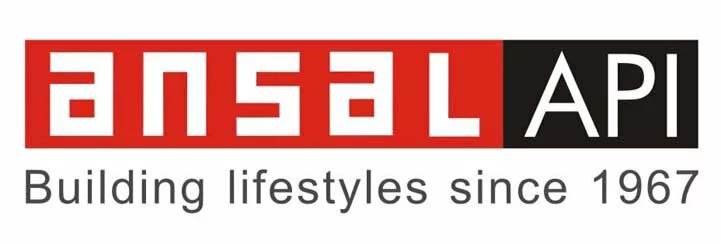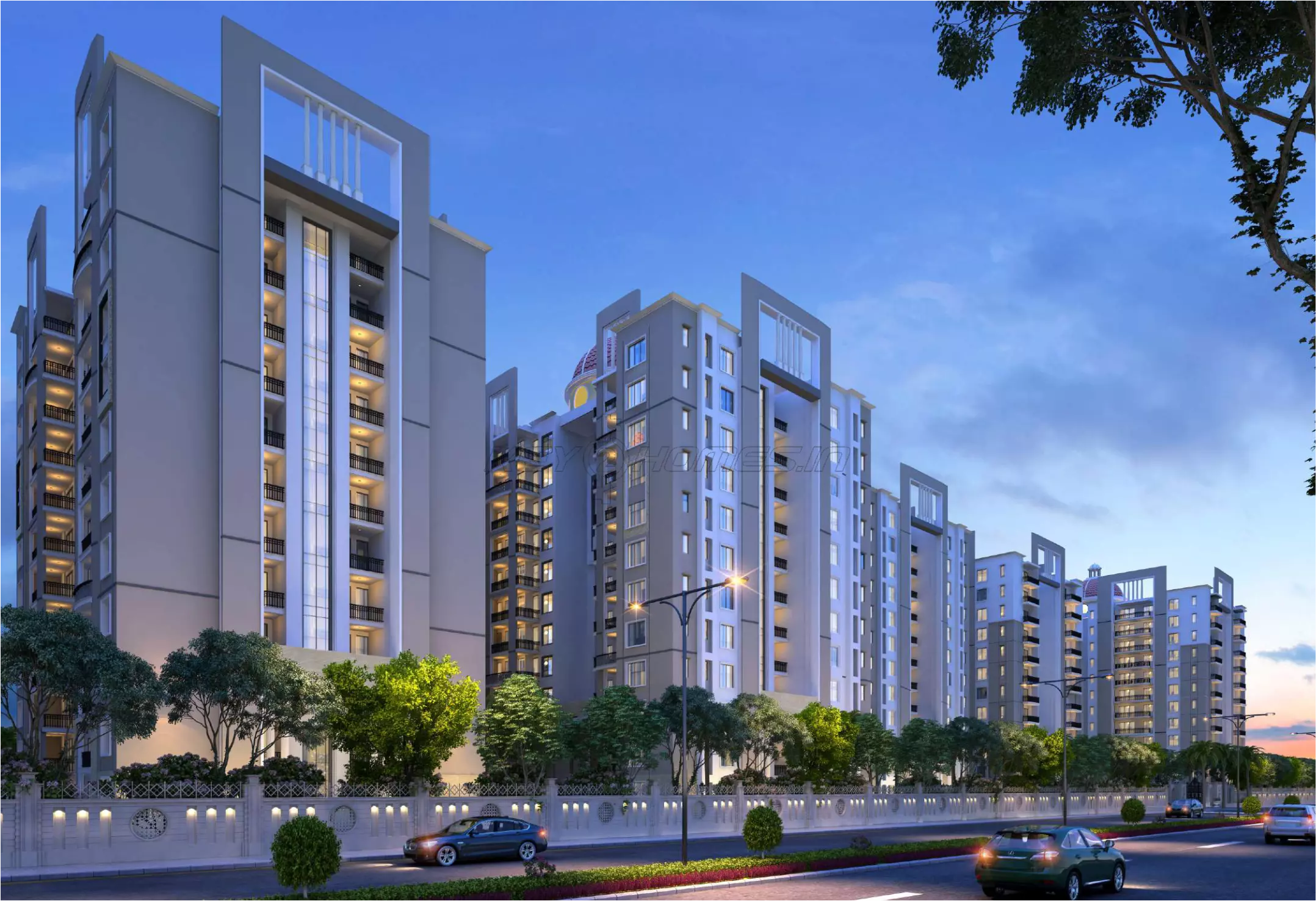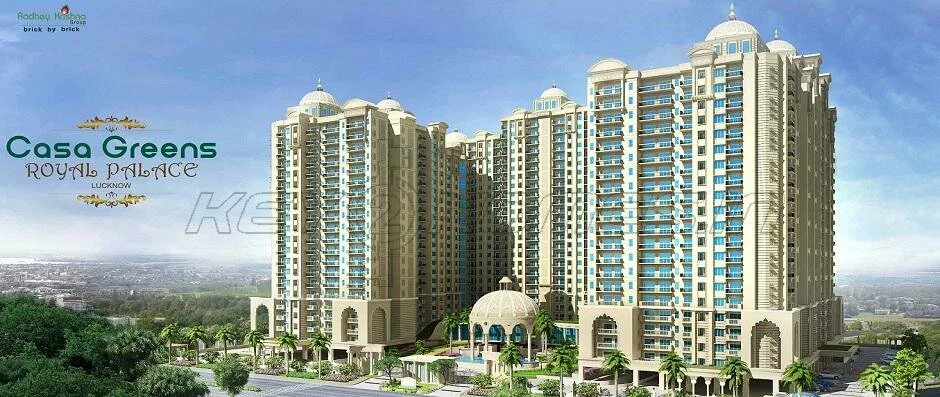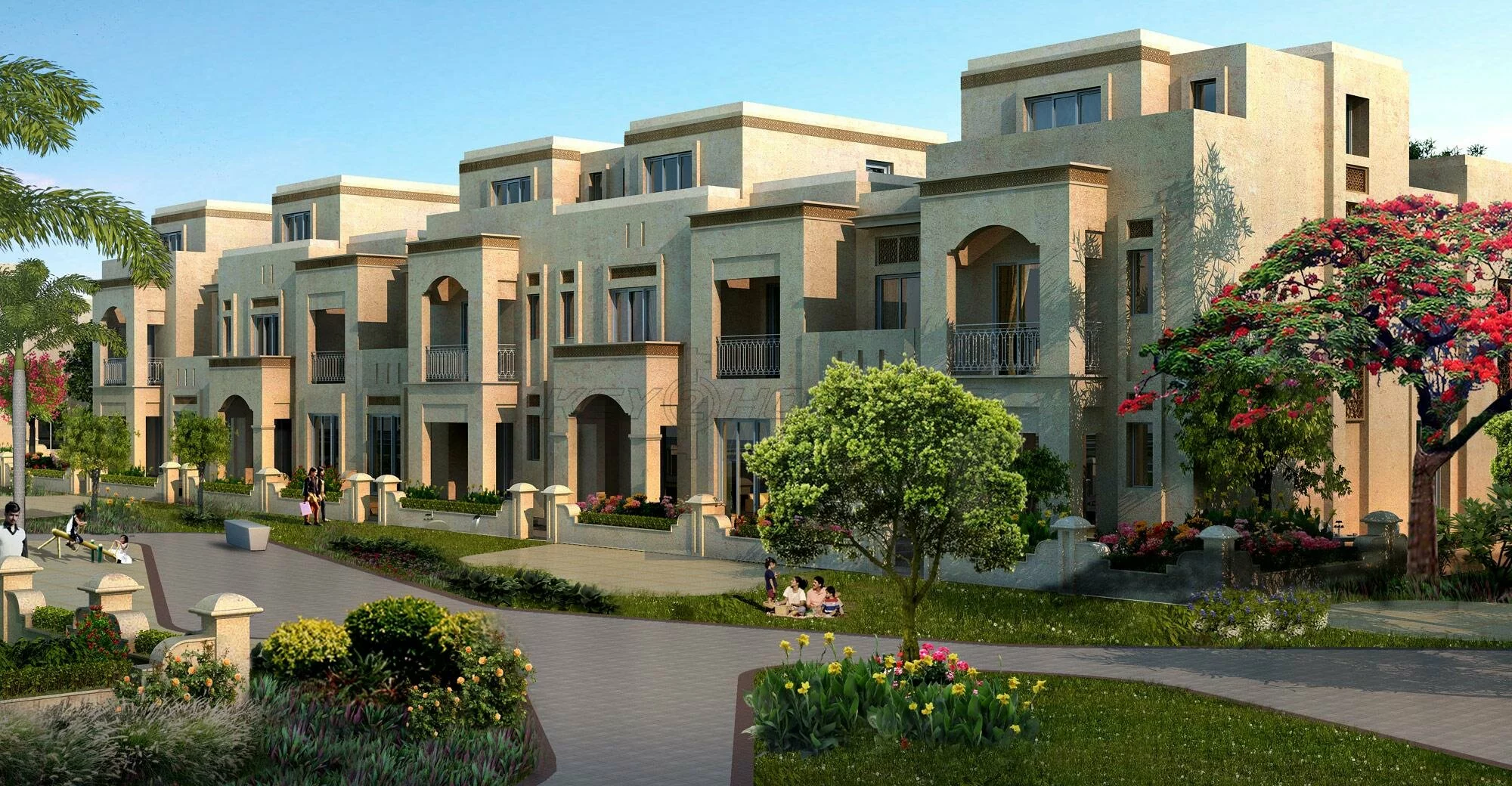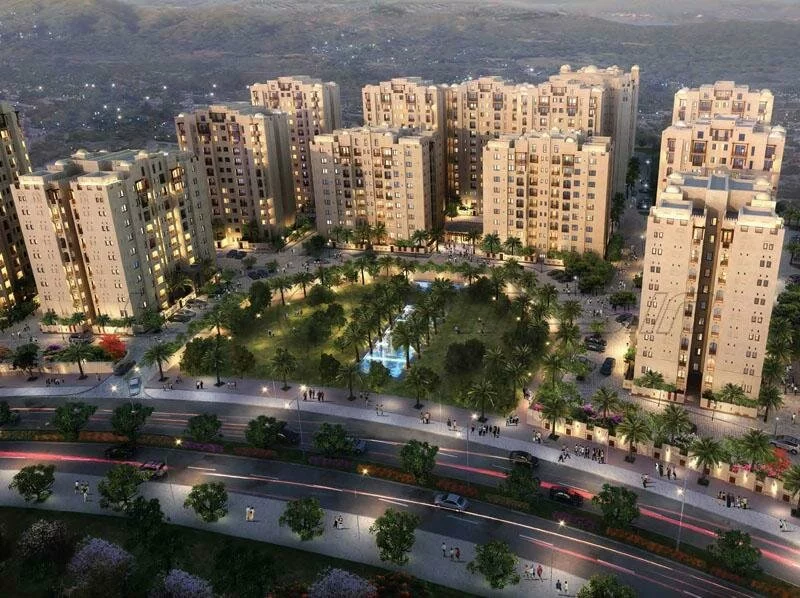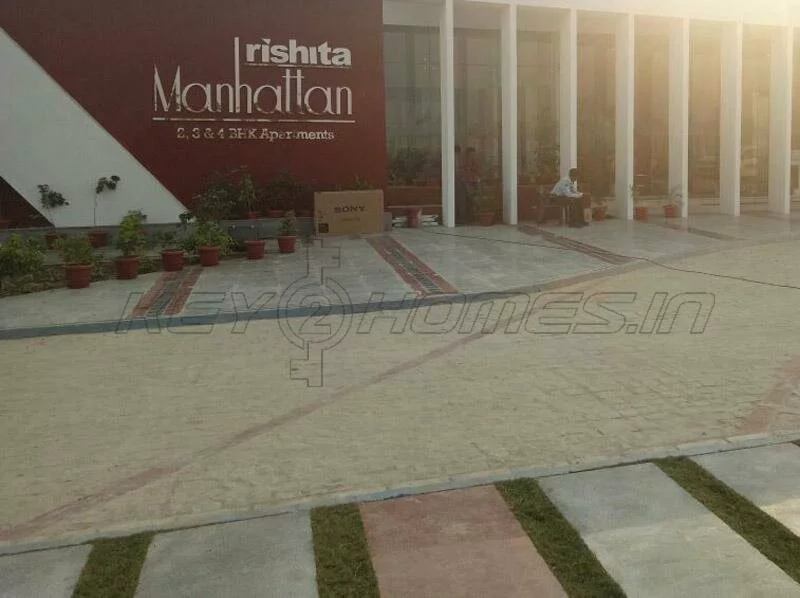FAQ
Key 2 Homes aims at simplifying your home buying process by dedicatedly resolving all your queries related to buying property in India. Our experienced real estate advisors possess deep knowledge of the industry and help you make a wise investment decision.
Here, we have collated a list of frequently asked questions related to buying property in India, which will help first-time homebuyers in resolving their real estate queries. Should you need any more clarity, feel free to get in touch with us by filling the form provided alongside.
What are the documents you need to check before buying?
The list follows:-
a) Check for the clear land title in the favor of the builder.
b) Check the approvals from the competent authority for the project.
c) Ensure execution of proper Allotment Letter/ Builder Buyer Agreement on your payments.
d) Ensure whether reputed financial companies/ Banks approve the project.
e) Ask for Occupation/Completion Certificate.
f) For buying a property you need to check Deed of Conveyance, Mutation Certificate (for complete property), Land Registration Status, Sanction Plan, Search Report and Payment Schedule (for under construction). It is a must that you go through all the documents relating to the origin of the property, chain of Title, Occupancy Certificate, sanctions from various authorities dealing with building plans, fire safety and Completion Certificate.
g) For re-sale property, check demand notice relating to renovation, tax dues and latest receipts of payments made towards various out-goings such as water, electricity and ground rent.
What is meant by Carpet Area, Built-Up Area & Super Built-Up Area?
The difference is defined below:-
a) Carpet area is defined as the precise area within the walls of your home. If you had to lay out a wall-to-wall carpet in your entire home, the area covered would be the carpet area.
b) Built-up area is inclusive of not just the carpet area but also the area being occupied by the walls of your home.
c) Super built-up area takes into account all the area under the common spaces which is the apartment’s proportionate share of the lobby, staircase, elevator and the corridor outside the apartment.
What constitutes conclusion of sale of a property?
The housing society share certificate and the sale/purchase deed of the property are the main documents required to sell a residential property. If the property has been sold and bought multiple times, a copy of the previous deeds may be required to prove the authenticity of the deal. Other than these, copies of Stamp Duty and registered house documents will also be needed. In case of property being mortgaged, these papers will be held by the bank and you can use a photocopy of the required documents to initiate a deal. Depending on the kind of property and ownership, some more documents, such as a No-Objection Certificate from the housing society and a documented consent in case of jointly owned property, may be required.
What is a Sale Deed?
A Sale Deed is a document prepared on the basis of previous ownership document for the transfer of property from seller to buyer, providing the buyer the absolute and undisputed ownership of property.
How much is the Registration Fees on sale of immovable property?
During the transfer of property from one to another, the stamp paper and registration fee has to be paid which is equivalent to 6 to 7 per cent of the value of the property or those of circle rates. These rates are the notified rates of a particular area set by the government on which the registration charges on the value of the property are calculated. The circle rates can be seen on government registration and stamp department websites of each city.
What are the important factors that should be considered while buying a property?
Purpose of buying, budget, location, type of property, amenities and facilities nearby are the determining factors for purchase of property from an end user’s perspective. Real estate values are governed by demand and supply. The projects which see good demand normally do not see a price correction.
What is the difference between a builder floor apartment and a multi-storey apartment?
A single floor apartment is one where the builder buys a piece of land, constructs flats on each floor. The land belongs proportionately to all the buyers of single floors.
A multi-storey remains the most preferred housing units in metros and large cities today. It is a cluster of apartments in a high-rise building developed in a plot with all amenities available within a gated community.
What is your recourse in case of a delayed project?
Until the draft real estate regulation bill outlines the obligations of project delivery, buyers will have to rely on their rights laid out in their booking agreements. First and foremost, buyers should scrutinize the project and the background of the developer. In addition, an investor has the right to ask for the copies of approvals of the project, if not buying during a soft launch stage. You must ask for detailed construction schedules and negotiate for penalty clause in case of delay of project. Refunds can be claimed if a project is delayed beyond the period stipulated in the Builder Buyer Agreement by filing a case in the consumer court.
What is meant by valuation of property?
Valuation of property simply means arriving at the actual prevailing cost of the property. It could depend upon number of parameters, location of property being the most important one. One needs to consider other parameters such as age of property, projects available, facilities offered and the sizes available in that project. The latest transaction price of a similar property needs to be considered to arrive at the closest value of the given property.
NRI Section
REAL ESTATE LAWS FOR NRIs and PIOs
Who is a NRI ?
A NRI is a person resident outside India who is either a citizen of India or a person of Indian origin. A NRI is an Indian Citizen who has migrated to another Country. For all official purpose the Government of India considers Indian National away from India for more than 182 days, in a year.
Who is a PIO?
A person of Indian origin means an individual (not being a citizen of Pakistan or Bangladesh or Sri Lanka or Afghanistan or China or Iran or Nepal or Bhutan) who:
i) held an Indian Passport at any time, or
ii) who or whose father or paternal grand father was a citizen of India by virtue of the Constitution of India or the Citizenship Act, 1955.
What are the types of Property can a NRI/PIO purchase in India?
There are no restrictions on the numbers of Residential/Commercial Properties (other than agricultural land/farm house/plantation) that can be purchased.
Do NRI/PIO require permission of The Reserve Bank to acquire residential/ commercial property in India?
No. All Indian citizens are entitled to buy property in India, irrespective of their residential status.
How should the purchase of residential immovable property be paid for by NRI/ PIO under the general permission?
The purchase consideration should be met either out of inward remittance in foreign exchange through normal banking channels, or out of funds from NRE/FCNR(B)/NRO accounts maintained with banks in India.
Does a NRI/PIO, requires to have a company in India or abroad or both for purchasing of property?
No.
Can NRI/ PIO's acquire or dispose residential property by way of gift?
Yes, NRIs and PIOs can freely acquire immovable property in India by way of gift either from
(i) person resident in India
(ii) NRI
(iii) PIO
However the property can only be commercial or residential.
Again NRIs and PIOs may gift residential/ commercial property to
(i) person resident in India
(ii) NRI
(iii) PIO
(iv) Foreign national of non Indian origin – with approval of RBI
Is there are any Lock in period for such investment?
Currently there is no lock in period.
Can NRI/PIO sell their purchased property without the permission of Reserve Bank?
Yes. Reserve Bank of India has granted general permission for sale of such property to the following categories:-
” To a NRI
” To a PIO (If the seller is a PIO, then a prior approval is required from RBI)
” To a person Resident of India
Can the sale proceeds of such property (if and when sold) be remitted/repatriated out of India?
Yes the sale proceeds can be remitted/repatriated out of India
In the event property acquired out of foreign exchange source i.e. remittance through normal banking channels/ debit to NRE/ FCNR(B) accounts, the amounts to be repatriated should not exceed the amount paid for such property from such source. However, repatriation of sale proceeds purchased out of foreign exchange is restricted to not more that two residential properties, in a block of one year, with a facility of crediting the Capital gain to the NRO account.
Again in the event the property was acquired out of Rupee source, an amount not exceeding USD one million, per financial year, subject to tax compliance, out of balance held in NRO account, may be remitted/repatriated.
In case of repatriation is there any tax liability to the Indian Government?
Yes, during repatriation Capital Gains (Long Term/Short Term) as applicable will be attracted.
Long Term Capital Gains: For properties held for 36 months or more are termed as
Long Term Capital Assets, and currently attracts a rate of 22.6%
(Fin. Year: 2007-08)
Short Term Capital Gains: For properties held for less than 36 months are termed as
Short Term Capital Assets, and currently attracts a rate of 33.9%
Can rental Income be repatriated?
Repatriation of income derived out of letting of immovable property is permissible. NRI/PIO can rent out the property without approval of Reserve Bank. Rent received can be credited to NRO/NRE account or remitted abroad. Powers have been delegated to the Authorized Dealers to allow repatriation of current income like rent, interest, dividend etc. of NRI/PIO who do not maintain an NRO account in based on an appropriate certification by Chartered Accountant, certifying that the amount proposed to be remitted is eligible for remittance and that applicable taxes have been paid/ provided for.
Disclaimer : The purpose of this FAQ is to provide the visitors a general understanding on the various issues relating to House Property. The above FAQ been prepared on the basis of advice received and may vary from person to person, based on facts of such case. Reasonable efforts have been taken in collecting, preparing and providing quality information, but we do not warrant or guarantee the accuracy, completeness, adequacy or currency of the information. The contents of the FAQ are subject to changes / amendments made by the CBDT / Finance Ministry.

